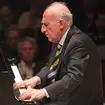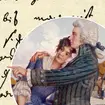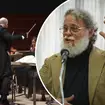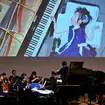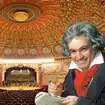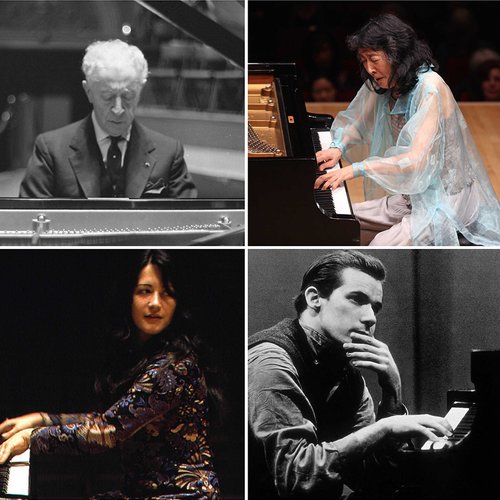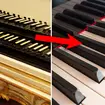Beethoven’s Biography: The Later Years 1814-1825
This period sees Beethoven reaching into his soul for stunning results.
• Beethoven makes his last appearance as a pianist in an 1814 performance of the Archduke Trio; one observer notes "there was scarcely anything left of the virtuosity that had formerly been so greatly admired."
• With his world falling in around him, Beethoven’s levels of personal hygiene hit new lows. His working environment resembles a bomb site; one titled visitor notices an unemptied "pot de nuit" under the piano.
• Just as Beethoven is on the verge of a creative breakthrough, his brother Carl dies, leaving him as the legal guardian of Carl’s nine-year-old son, alongside his widow. Thinking her unsuitable, Beethoven takes her to court.
• It isn’t until 1820, five years later, that Beethoven wins custody, having endured periods of stress and ill health. He closes out his "middle period" with the monumental Hammerklavier Piano Sonata of 1818.
• With the legal wrangles involving his nephew Karl out of the way, Beethoven’s music undergoes a change. Between 1822 and 1827, he bares his inner soul as never before, pushing musical expression to its limits.
• His creative energies initially focus on the piano, the instrument that has been his most immediate point of contact with audiences, via the last three piano sonatas (Nos 30-32) and the monumental Diabelli Variations.
• He then turns to public declarations of his religious and philosophical beliefs on the grandest scale, initially with the Missa Solemnis (1823), which he tellingly inscribes: "From the heart – may it go again to the heart!"
• The following year Beethoven completes his most universal masterpiece, a choral symphony that, following three Olympian instrumental movements, climaxes in a vocal finale setting of Schiller’s Ode to Joy.
• Beethoven’s hearing has deteriorated so much that the Ninth’s premiere is conducted by another man out of his line of vision. At the end the composer is turned round to acknowledge applause he cannot hear.




